New data from HomeLet has revealed that average UK rental prices have continued to rise across all regions, with the average rent, excluding London, now £1,051 per month (PCM), up 1.4%, while prices in the capital have continued to soar to a new high of £2,145 PCM, up 1.7%.
The continued rise in rental prices comes at a time when there has been a record increase in mortgage interest rates.
The current average five-year rate is now 6.19%, compared to 2.64% in December 2021, and as a result, many first-time buyers are unable to buy a home.
This also comes at a time when 1.6 million Brits will be coming to an end of their fixed-rate mortgages at the end of the year, with many unable to afford to remortgage – piling pressure on a dwindling rental market and pushing up rental prices, as demand outstrips supply.
The rental market has seen an exodus of landlords at a time when properties are in huge demand.
However, despite the demand, it has become less profitable for buy-to-let landlords to rent out a property.
This comes as soaring mortgage prices are now forcing landlords to push up rental costs to cover their mortgage repayments, alongside the planned introduction of the government’s costly new EPC targets, which will force landlords to upgrade the energy efficiency of their buy-to-let properties to a rating of ‘C’ within 5 years.
This is set to come at a considerable cost or Landlords willface fines of up to £30,000.
Data from Cornerstone Tax 2020 found that only 20% of landlords in the UK now say their investment has been a successful one.
David Hannah, Group Chairman at Cornerstone Tax 2020, discusses the current landscape of the rental market:
“Rent prices are going up because landlords’ costs, particularly as a result of rising interest rates, are increasing.
However, this is not the whole picture as there is still a chronic undersupply of housing in the UK in popular locations.
For example, rent rises in London post pandemic have been as much driven by a lack of available properties as they have been by inflationary pressure.
The situation has been particularly exacerbated for houses in multiple occupation (HMO) – these are landlords who typically include the costs of energy, heating, and other bills into the rent.
The soaring increase in energy costs has as a result had to be factored into the rent for these types of properties.
Accordingly, rent rises in these types of lets exceed inflation by a considerable margin.
I think the rental market is filled with uncertainties at the moment, with rising rents making it less attractive from a renter’s standpoint and rising house prices making it less desirable for buy-to-let landlords to grow their portfolios.
Our research shows that many landlords were not prepared to deal with the current obstacles facing the rental market as 1 in 5 say they became landlords without the sufficient knowledge needed and have lost thousands as a result.”


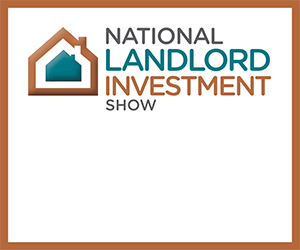







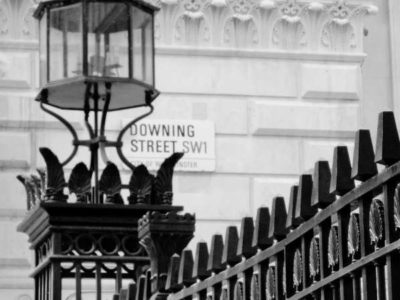
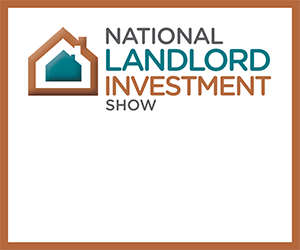





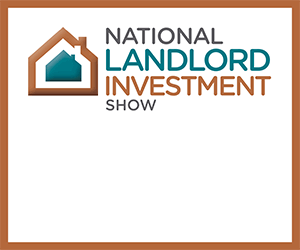
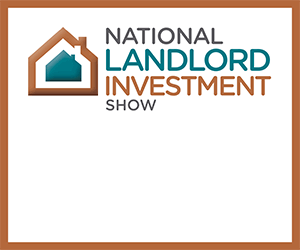


Comments